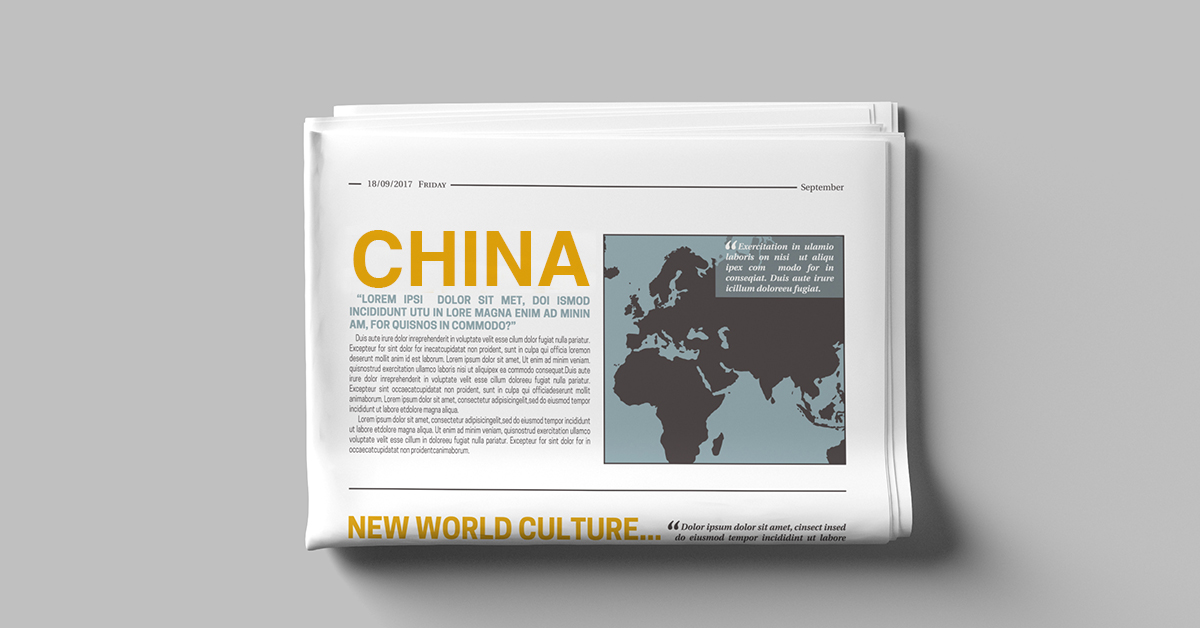Alibaba Cloud slashes international prices to compete in global AI race
Alibaba Cloud, facing geopolitical challenges and chip shortages, has reduced prices for international customers by up to 59%. The price cuts, effective immediately, follow previous reductions for domestic customers in February. Selina Yuan, President of International Business for Alibaba Cloud Intelligence, highlighted the strategy’s aim to support long-term AI application development in foreign markets. Despite its dominance in China, Alibaba Cloud trails behind US rivals like AWS and Microsoft Azure globally, according to Canalys.
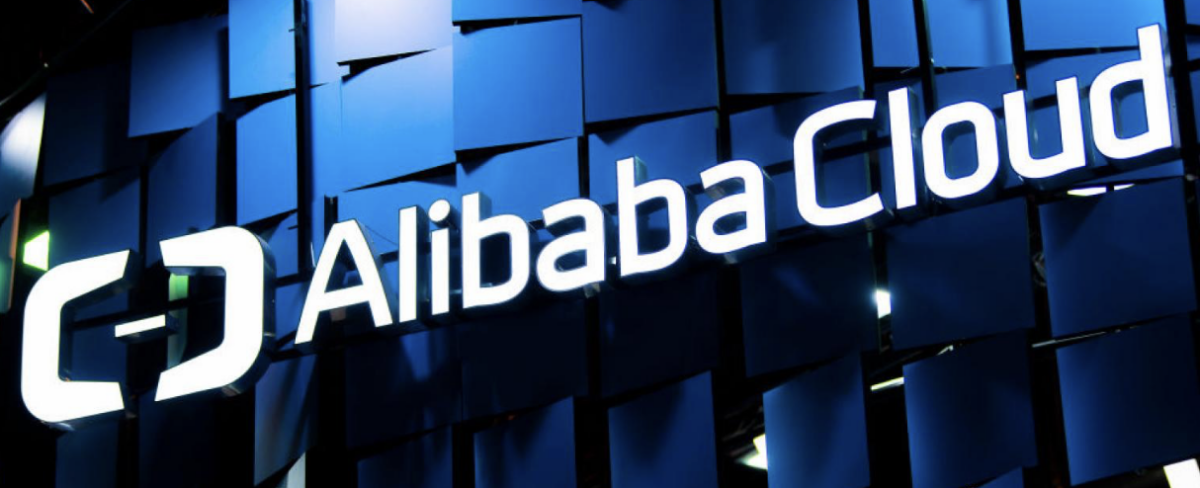
Lenovo and JD.com target $16.6 billion AI device sales in renewed partnership
Lenovo and JD.com have extended their collaboration to drive sales of AI devices, aiming for $16.6 billion in revenue from 2024 to 2026. The partnership includes sales of next-gen AI PCs, smartphones, tablets, and servers via JD.com’s platforms. Lenovo plans to launch its first-gen AI PCs this year, with a promise of evolutionary features in subsequent generations. JD.com has also invested in AI, unveiling its own large language model, ChatRhino, to provide targeted solutions across various sectors.
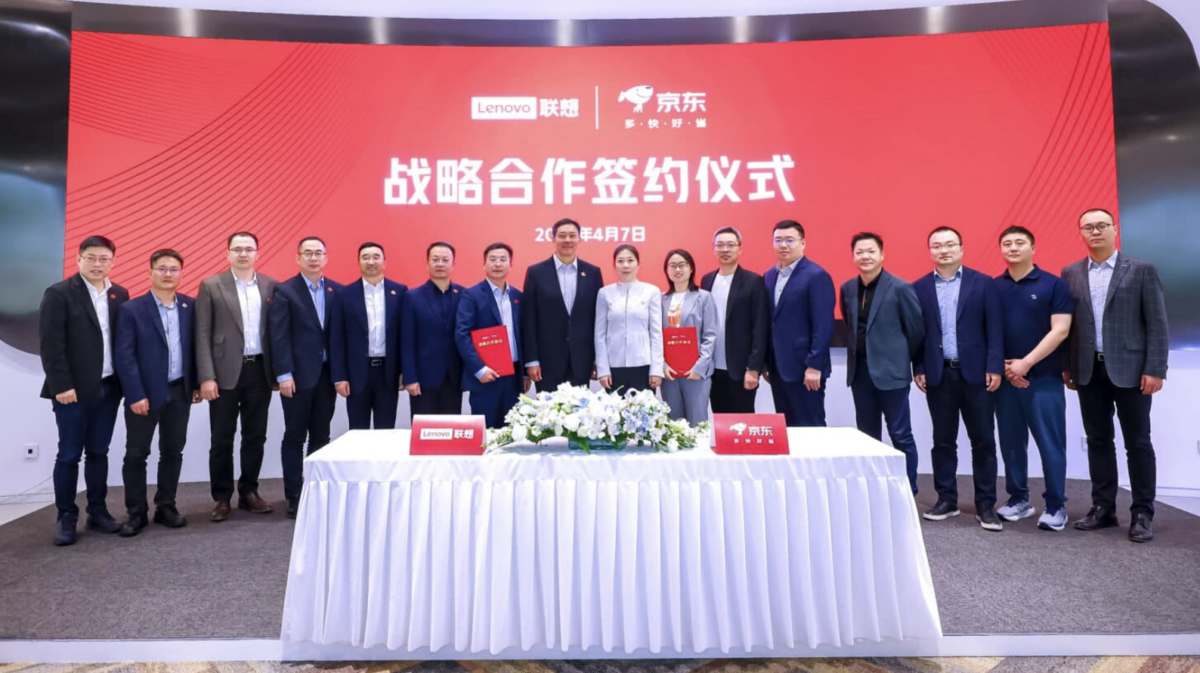
Huawei launches new car and an AI computer, but omits P70 Smartphone
Huawei recently introduced its revamped Luxeed S7 electric sedan, co-developed with Chery Auto, alongside a new AI-equipped PC. Despite anticipation, no mention of the P70 smartphone was made. The Luxeed S7, featuring Huawei’s advanced driver assistance system, will soon start mass shipments after resolving supply issues. Meanwhile, Huawei faces stiff competition in China’s EV market, with Xiaomi entering the fray. The Matebook X Pro, Huawei’s new PC, integrates its Pangu AI model and partners with Chinese firms like Baidu and iFlytek. However, Huawei fans await news on the P70 series, crucial for its smartphone business revival amidst US sanctions.
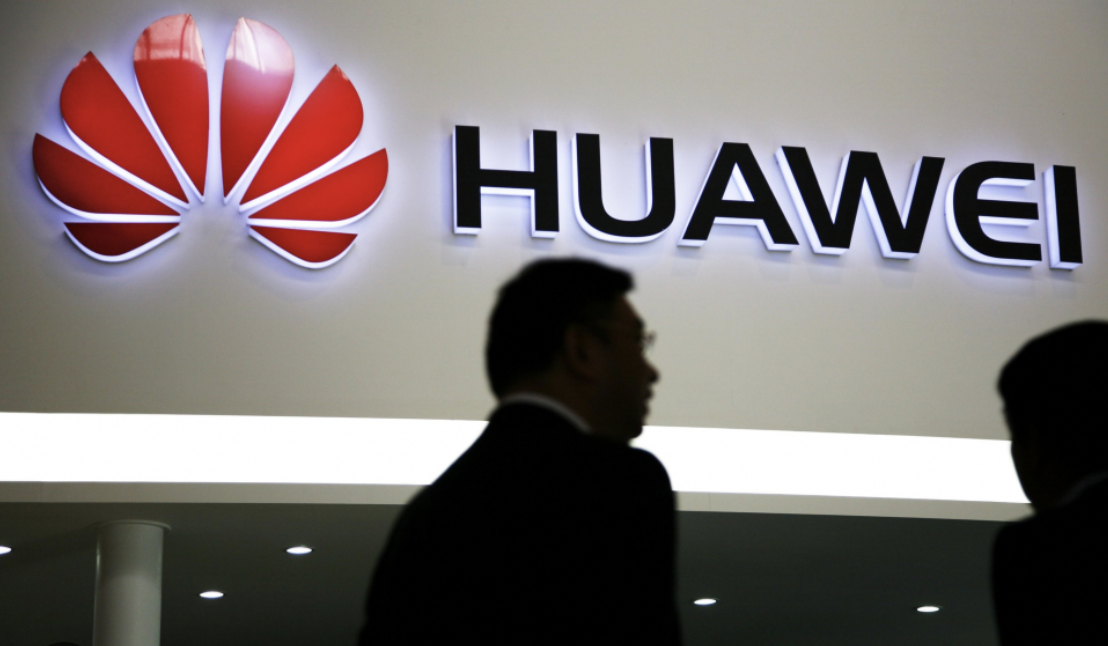
US subsidies to increase chip production amid tech tensions
The Biden administration is planning to award over $6 billion to Samsung for chip expansion in Texas, while Taiwan’s TSMC will receive $6.6 billion for factories in Arizona under the CHIPS Act. These investments aim to bolster US chip production amid escalating US-China tech tensions. Samsung’s $44 billion investment and TSMC’s $65 billion expansion also align with the Act’s goal to reduce reliance on Asia for semiconductor manufacturing.
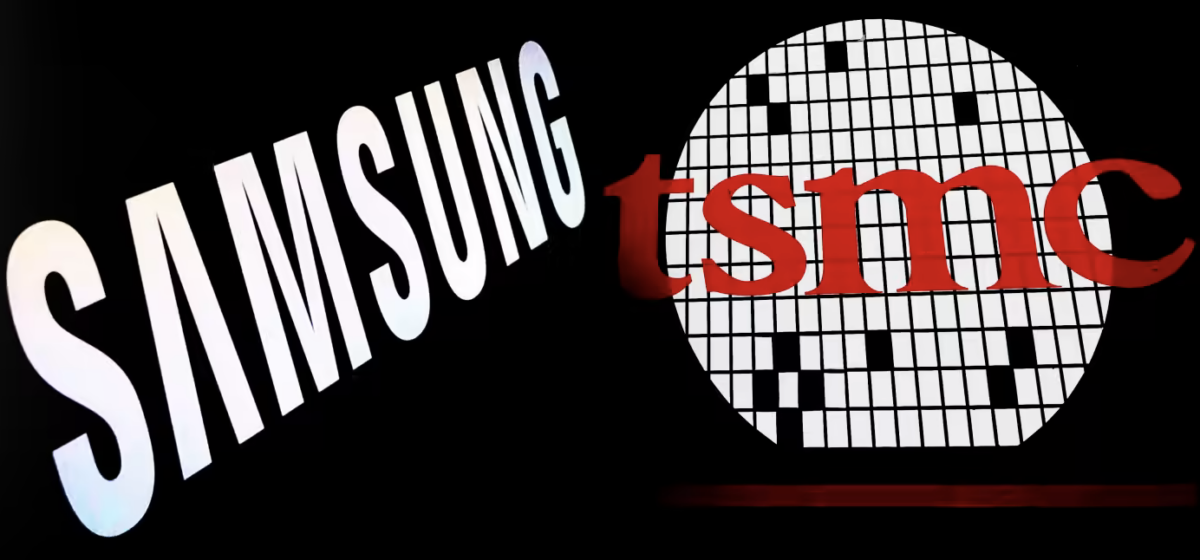
OpenAI, Google, and Mistral introduce new models within 12 hours of one another
OpenAI, Google, and Mistral, a French startup, have all unveiled new iterations of their frontier AI models within a tight timeframe, anticipating a surge in activity over the summer. Meta’s Nick Clegg hinted at Llama 3’s imminent release before Google debuted Gemini Pro 1.5, followed swiftly by OpenAI’s GPT-4 Turbo. Mistral, inspired by Meta’s open-source approach, dropped Mixtral 8x22B. While this fosters innovation, concerns linger about the potential risks of unchecked model dissemination. Amidst expectations for advancements, doubts persist about the scalability of large language models, emphasizing the evolving landscape of AI development.

Apple boosts new iPhone production in India
Apple’s iPhone production in India surged to $14 billion in the last fiscal year, doubling its output as part of efforts to diversify its manufacturing away from China amidst strained US-China relations. With around 14% of iPhones now made in India, Pegatron and Foxconn lead assembly efforts, indicating a significant shift in Apple’s supply chain strategy. Despite China’s enduring importance, declining iPhone sales in the country highlight intensifying competition, particularly from Huawei. Apple’s pivot towards India underscores its commitment to tapping into new markets and reducing reliance on China for production.
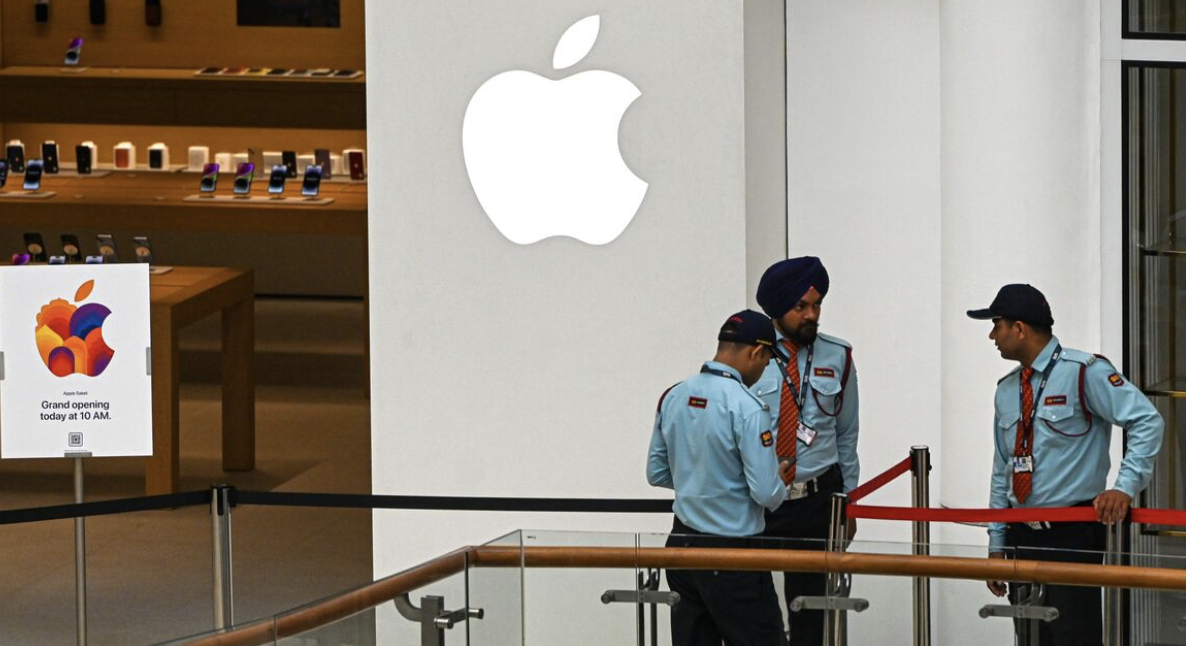
Intel introduces new AI chip, claims superior efficiency over Nvidia
Intel introduced its latest AI chip, Gaudi 3, positioned as a faster and more power-efficient alternative to Nvidia’s GPUs. Claiming over twice the efficiency and 1.5 times the speed of Nvidia’s H100 GPU, Gaudi 3 targets big AI model training and deployment, including applications like speech recognition. With plans for diverse configurations and partnerships with major companies like Dell and Hewlett Packard Enterprise, Intel aims to challenge Nvidia’s dominance in the AI chip market. As cloud providers and businesses prioritize AI infrastructure, Intel will position Gaudi 3 to capitalize on growing demand with its competitive performance and industry-standard features.













